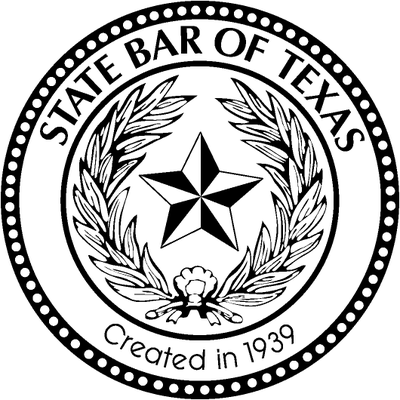The Texas Supreme Court heard arguments this week in Prairie View A&M University v. Chatha. The issue in the case is whether the Lilly Ledbetter Fair Pay Act (Ledbetter Act) applies to the Texas Commission on Human Rights Act (TCHRA), the state law that mirrors Title VII. The Ledbetter Act expanded the window of time during which employees may bring charges of pay discrimination under Title VII. Specifically, the Ledbetter Act amended Title VII to allow employees to bring charges of pay discrimination within 180 days after their last alleged discriminatory paycheck, rather than within 180 days after the date when they found out about the pay decision. Under the Ledbetter Act, therefore, employees can bring charges of pay discrimination based on a decision that occurred 20 years ago.
In the Chatha case, an English professor of Indian national origin brought suit against Prairie View A&M University under TCHRA, alleging she was underpaid because of race and national origin discrimination. Chatha brought her complaint within 180 days of an alleged discriminatory paycheck but more than 180 days after she found out about the pay decision. Accordingly, if the Ledbetter Act applies to TCHRA, Chatha’s suit was timely. If the Ledbetter Act does not apply, Chatha’s suit was not timely and will be dismissed.
TCHRA’s goal, as stated in the statute, is to “provide for the execution of the policies of Title VII of the Civil Rights Act of 1964 and its subsequent amendments.” Tex. Lab. Code Ann. § 21.001(1). Relying on the stated policy of TCHRA, the court of appeals held that the Ledbetter Act applies to TCHRA and Chatha’s suit was timely.
At oral argument, Justices Debra Lehrmann and Nathan Hecht noted that the Texas Legislature has had the opportunity to amend the TCHRA to incorporate the Ledbetter Act but has declined to do so. Justice Paul Green queried whether, if the Court determines that the Ledbetter Act does NOT apply to the TCHRA, complainants of pay discrimination will have a remedy under federal law but not under state law, a result that seems to contradict the stated policy of TCHRA. Justice Eva Guzman questioned whether such a determination would affect a complainant’s remedies or just the time period under which she may bring charges. And Justice Dale Wainwright wondered under what circumstances should the Court “fill in a gap” left by the Legislature.
I predict the Court will reverse the decision of the court of appeals and leave it to the Legislature to decide whether Texas should adopt the Ledbetter Act or some version of it. If that happens, barring a Legislative act, employees who want to file pay discrimination charges under the TCHRA (i.e., in state court) will have 180 days from the date they found out about the pay decision and no more.









